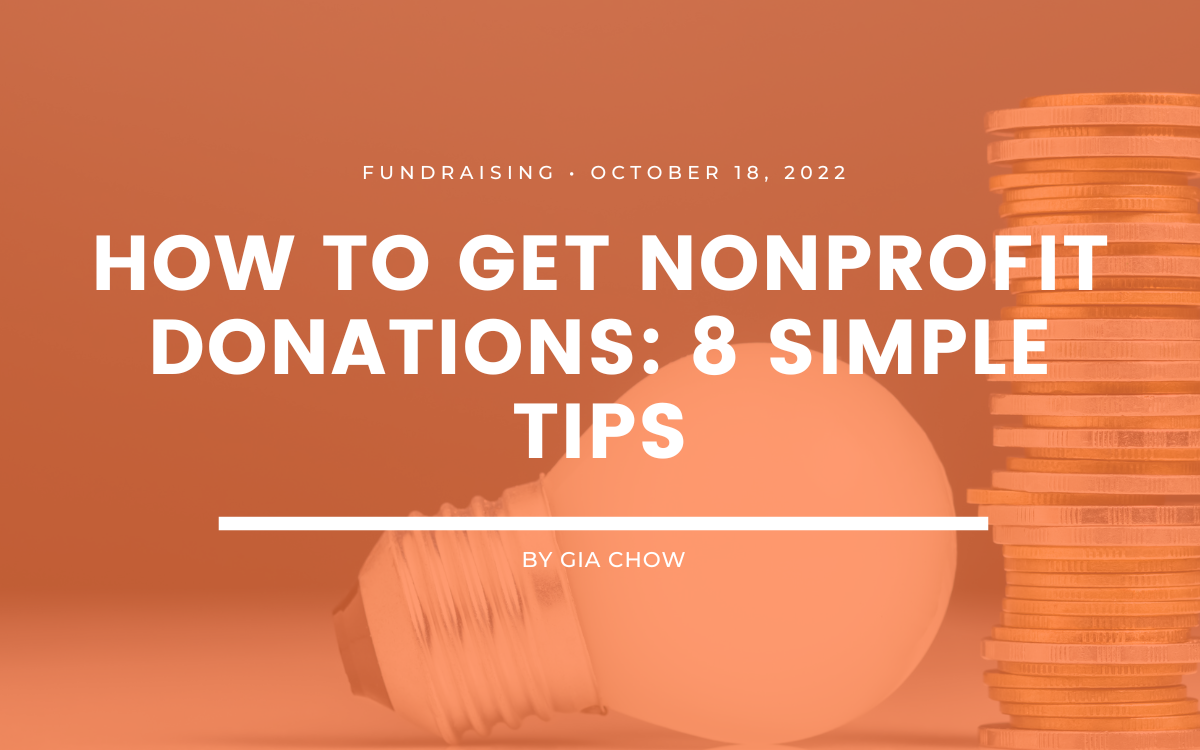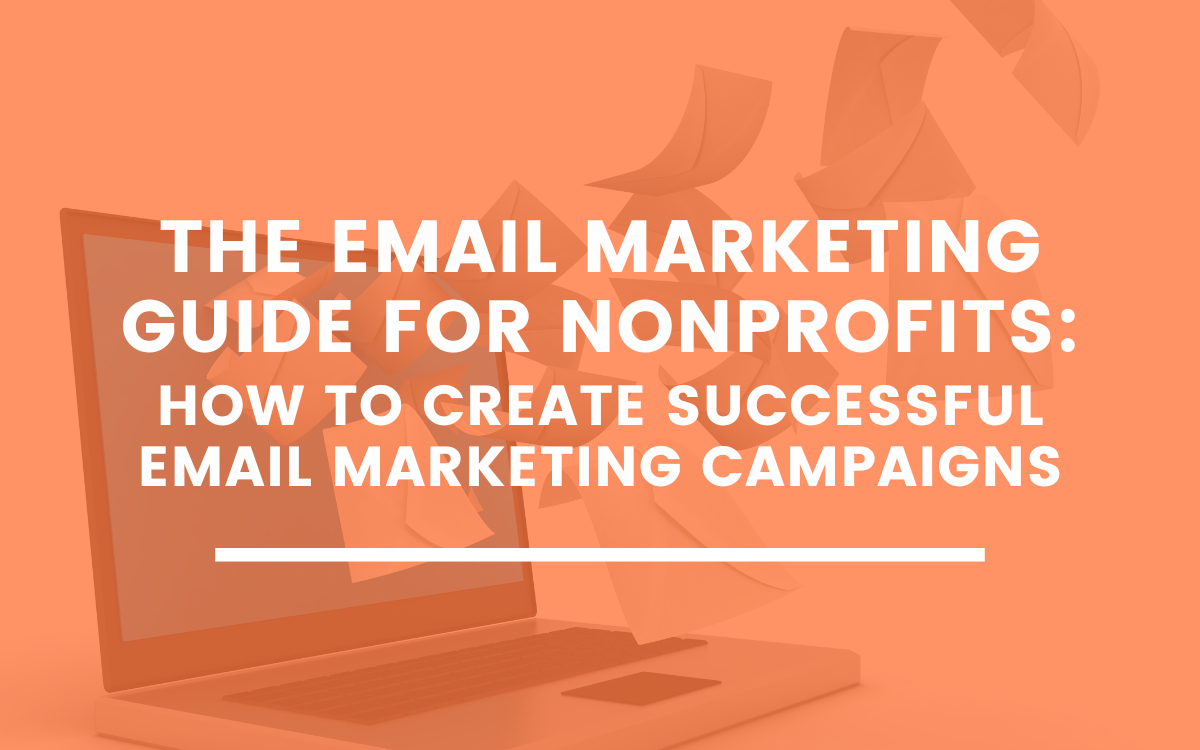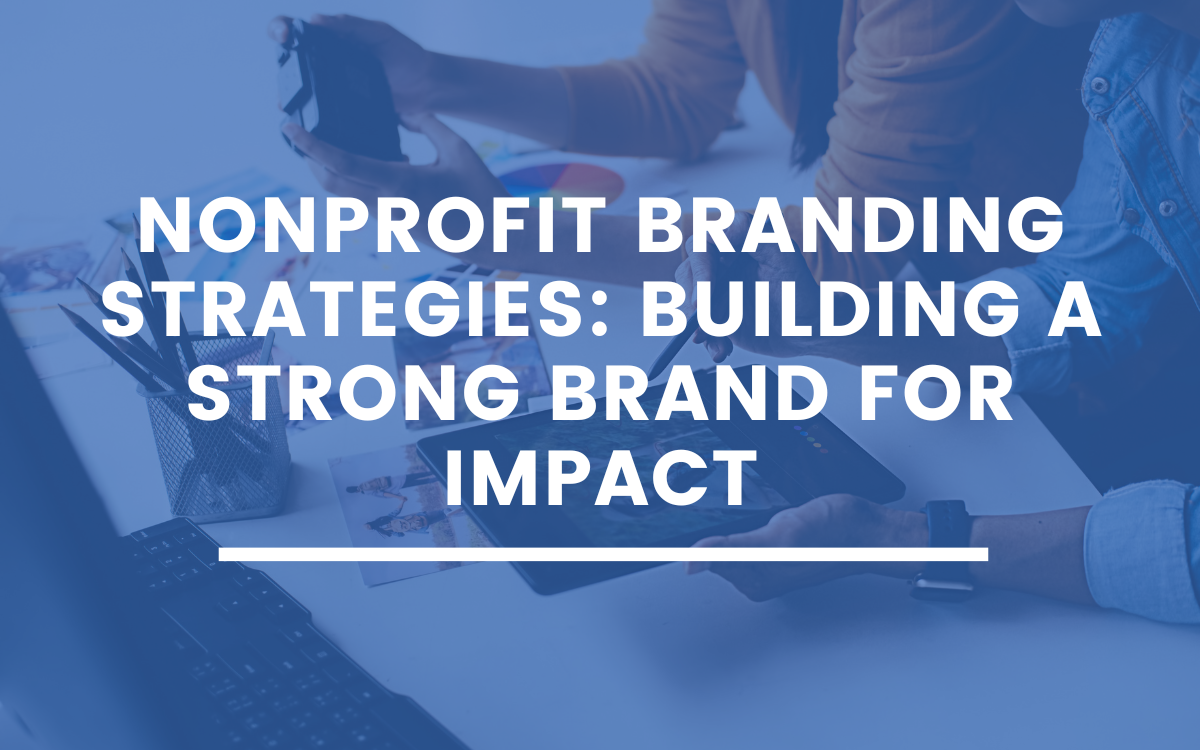How To Do Nonprofit Keyword Research For Best Results
4.6 min to read ✭ In this blog, you’ll learn how to do keyword research for your nonprofit’s blog content strategy and/or Google ads.
SEO: How To Do Nonprofit Keyword Research For Best Results
Search Engine Optimization (SEO) could almost be a full-time job for any nonprofit looking to lead the pack with its messaging. Standing out in any nonprofit keyword search is difficult as it comes with noise from paid ads and oversaturated use of popular keywords.
To save your staff time, we’ve compiled nonprofit keyword research tips so your efforts go where they will make the most significant impact. (And hopefully, free up your staff to spend more time on your organization’s mission than at a screen.) You’ll understand what nonprofit keyword research is, how it will improve your SEO, and how to conduct your research.
Download the Free SEO Complete Guide to Ranking Higher
What is Nonprofit Keyword Research?
When creating an SEO strategy for your nonprofit, keyword research is an important step. More than 3.5 billion searches are done on Google each day alone. You don’t want your nonprofit to fall off the first couple of search engine results pages (SERP).
Nonprofit keyword research identifies the specific queries being searched on the internet that your organization would find value in ranking No. 1.
Many tools will help you find keywords and give you data on the search volume of those keywords. But simply finding the keyword isn’t always the most challenging part. Brainstorming and thinking about keywords from a target audience perspective will make your nonprofit’s keyword choices more valuable.
Why is Nonprofit Keyword Research Important?
Don’t downplay the importance of nonprofit keyword research. This process identifies which queries are most relevant to your audience. The analysis reveals the most significant value of keywords to your organization.
Benefits of nonprofit keyword research include:
- Your organization may find that your assumptions around search intent were incorrect. This information will keep you from creating pages that simply wouldn’t be relevant.
- Your staff can test hypotheses around which keywords are relevant and valuable. The tests might also show that a meaningful term to your organization means something entirely different in another profession. You wouldn’t want to spend money on those keywords.
- Your staff identifies the language your target audience uses. What is it they want to discover? Reading forums like Reddit can explain the phrasing and terminology often used by your target audience outlined in your branding guides.
- Keyword research reveals what your competitors target and prioritize. You can see what ranks organically vs. paid advertisements. This research may validate your keywords as relevant and valuable.
How To Do Nonprofit Keyword Research
Nonprofit keyword research doesn’t have to be laborious. The time spent on the research will give your nonprofit better overall SEO results, which is what you want the Google Ad Grant to do. Nonprofit keyword research puts your finger on the pulse of internet trends. Research also drills down the intent behind your audience’s search. As your team digs into why you are optimizing your search engine ranking and how you plan to use your keywords, here are simple steps to start the process:
Brainstorm Relevant Topics
Find a large whiteboard or specify a wall for notes. In a brain dump, make a list of words or phrases relevant to your nonprofit.
- What are the services your organization offers?
- What does your target audience want from your organization?
- Do you want your keywords to focus on services, volunteer opportunities, donor outreach, or fundraising?
Take the keywords and sort by topics, like awareness, donor acquisition, and volunteer recruitment. Figure out which direction is most important for your cause for the next several months.
Create simple phrases from your word brainstorming.
Ex. Quality Start San Bernadino County put together “childcare resources” so they would rank for parents and educators.
Put Yourself In Your Audience’s Shoes
Your nonprofit keywords are not just buzz words from your mission, vision, or goal statements.
- What would someone in need of your services search for?
- What is your organization hoping to accomplish?
Talk to those outside your organization about how they would go about searching for the services you offer. Their use of language may vary, and it could open the door to new keyword phrases.
Can your nonprofit be found in the search query if it was input in the form of a question? Often queries begin with “Where can I find …” “Who helps ….” Don’t underestimate looking at search terms from different perspectives.
Research Related Terms
Take your keywords and phrases and use Google’s keyword planner or other keyword tools to see how your brainstorm list is stacked. (You’ll need an active Google Ads account.) What keywords are more competitive?
Does expanding on keywords from “volunteer opportunities in San Diego” to “volunteer with dogs in San Diego” give you a better opportunity to build awareness?
The keyword planner will provide your organization with information on:
- How often the phrases or keywords are queried monthly,
- Where keywords rank based on low, medium, or high usage.
- How your competition uses keywords.
Competitor Research
Create a list of three to five competitor organizations. Create keyword audits based on their website and blogs. While some competitors may be aspirational in terms of resources, this opportunity is to glean inspiration, not create imitation.
If a competitor ranks high on SERP with high-ranking keywords, look for ways to work in tandem with them so you can bolster each’s awareness efforts instead of undercutting each other on similar keywords.
Use SEO Nonprofit Keyword Research Tools
Monthly Search Volume
- Shows you how often a term or phrase is searched for in Google each month. It is calculated by taking an average of the search volumes of the last 12 months, to account for seasonal fluctuations.
Keyword Difficulty
- Keywords difficulty is a metric or measurement that shows how difficult it will be for your page to rank on google with that specific keyword. A lower difficulty score will allow you to rank easier and faster.
Traffic Potential
- Traffic potential is defined as the amount of organic search traffic a page, or group of pages will receive from Google’s SERP on average per month
How To Pick The Right Keywords For Best Results
When beginning nonprofit keyword research, always make time for brainstorming with key communications staff. Our best advice is to make sure your keywords align with how you’d like to drive traffic to your site. If your organization needs to be more visible for services provided, focus on service-related keywords. If your organization is doing a volunteer push, focus on volunteer recruitment.
Know that there is no right or wrong use of keywords. SEO is a long game. As you evaluate your keywords and SEO across six months, you’ll see which keywords offer the best return on investment (ROI). You’ll rotate out the keywords that don’t serve your organization well and work in new terms as you refine your tactics. Eventually, your organization will be able to spot trends to capitalize on and create a robust user experience from query to services rendered.





